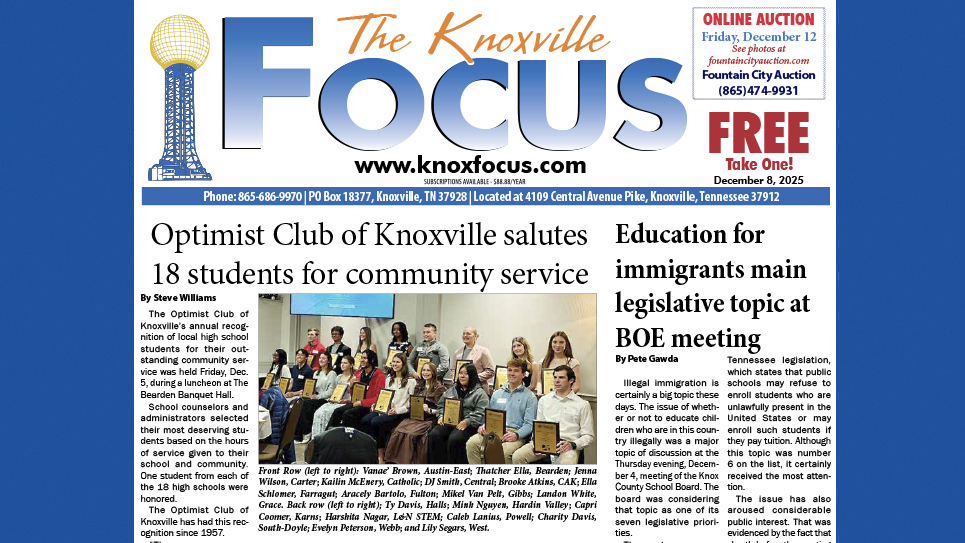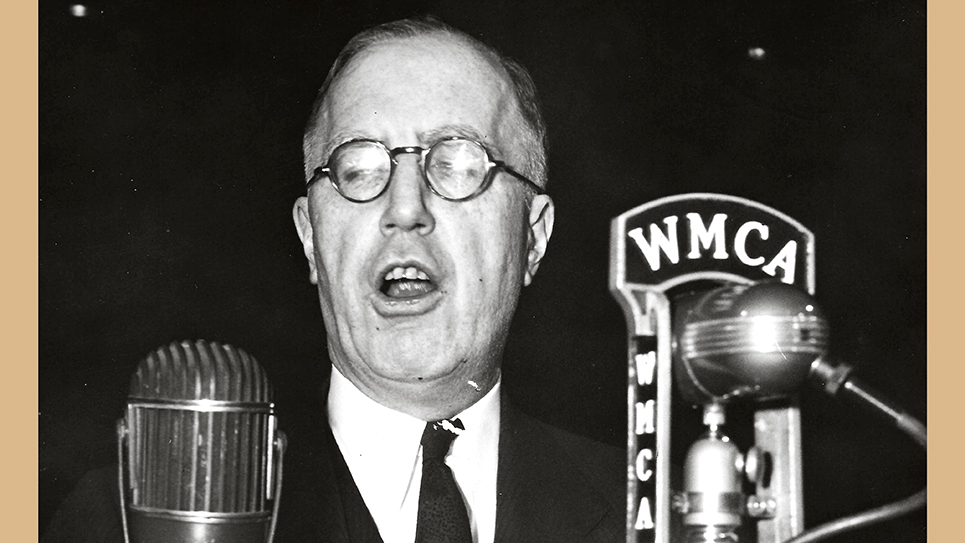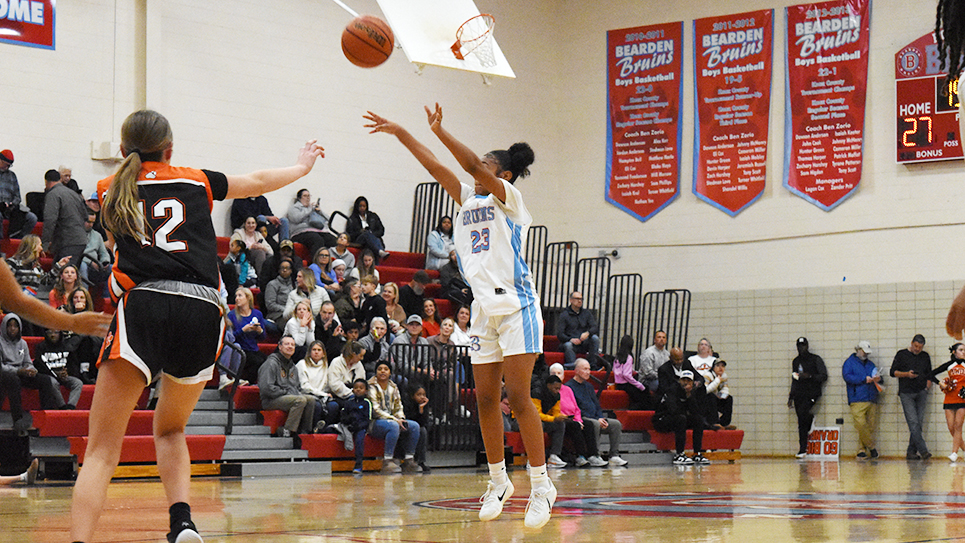No man is an island, entire of itself; any man’s death diminishes me, because I am involved in mankind.
John Donne
I didn’t know him, but my friend did. In fact, they worked together caring for patients. Any untimely death is a tragedy, but when it happens closer to home, it seems more meaningful and real.
Like the police officers shot in North Dakota or the daily slaughters in Chicago, the recent murder of the orthopedic surgeon at the Campbell Clinic in Collierville, 25 miles from Memphis, Tennessee was a tragedy. And like so many other families, another wife and two young children are left grieving and forever scarred.
I know about Memphis and west Tennessee because I lived there during medical school and postdoctoral training in Internal Medicine. The area is more Deep South than Tennessee. Memphis is flat and hot and mean. I trained at the John Gaston Hospital, a typical inner-city facility similar to Grady in Atlanta or Bellevue in New York City.
I went to medical school thinking I wanted to be a chest surgeon like Hawkeye Pierce of the TV series, Mash. But I discovered I had a more contemplative persona than action-oriented surgical disciplines. Nonetheless, I learned medical crisis management by being thrown into the raging waters of a big city’s poverty, depravity, and danger.
While trying to figure out the direction of my medical career, I took an ER night job as a “suture student” learning to sew up wounds of the local knife and bottle club, which met nightly in Memphis. The modern proverb “watch one, do one, teach one” was operative at the Gaston.
As I think about the young orthopedic surgeon who was murdered, it could’ve been me caring for drunks, criminals, maniacs and drug addicts in the emergency room. I later got a safer student job, more fitting a contemplative, as the medical librarian in an adjacent private hospital.
When you have “walked the walk, you earn the right to talk the talk.” Remember this the next time you hear clueless Democrats screaming to defund the police and remove protection for citizens and first responders. I’ve been in the trenches, so I claim the right to talk.
The Gaston had a police precinct station in the middle of the emergency room. I remember one large black sergeant, who saved me one night from a drunk trying to bite and headbutt me while I was trying to sew up a laceration on his cheek.
“Go getcha cuppa coffee, doc,” he said, descending from his raised dais, where he directed black and white units and swat teams into the local neighborhoods. I was perplexed, but also frustrated by the drunk, and the sergeant was a lot bigger than me. So, I snapped off my sterile gloves and walked away only to hear the curtains being drawn around my patient’s bed, and moments later a series of smacks, followed by, “Now don’t you sass that lit’l doctor again.” When I returned, there were two more lacerations to sew up, but the drunk didn’t threaten me again.
My Gaston days were not halcyon days, but they trained me well. I saw stab wounds to the heart, gunshot victims, roaches nesting in a child’s ear, bedsores the size of dinner plates, blood sugars over 1000 mg/dL and other biochemical abnormalities which are ordinarily incompatible with life. I’ve seen dehydration so severe that spinal fluid had to be removed with a syringe. I once ran a resuscitation in the middle of the night with a Filipino nurse who spoke only pigeon English, and the EKG machine sparked and caught fire.
There were no private rooms for our patients who were domiciled in 16-bed wards. At night, the further you went from the nurse’s station the darker it became because there were fewer light bulbs. I offer only a taste of the Gaston, but if you want more stories, I suggest Samuel Shem’s “classic” yet scandalous novel “The House of God,” describing the training years in a big city teaching hospital. Shem captured my right of passage.
I survived with the realization that I could handle almost any medical situation after the Gaston. But since Becky and I knew we were eventually coming back to our hometown, I transferred and completed my residency at UT Hospital, Knoxville, and continued as teaching faculty after my training was completed.
I tell this story only to demonstrate that you only appreciate the good when you have seen its opposite. The reason America continues to slide into chaos is because it hasn’t gotten bad enough. Americans have not experienced really “bad” since the Great Depression. I have been blessed, but I have also experienced the underbelly of big city depravity. I am no longer conflicted about what is good or bad, right or wrong.
My criticisms of Democrats are not because I’m a Republican, because I’m not. I am a conservative, which has many varieties. Some examples include fiscal, social, Constitutional or governmental conservatism. I believe in personal responsibility and accountability, equal opportunity under law rather than mandated equity of outcomes, smaller government, lower taxes, national security and controlled borders.
It is astounding that the conservative movement is now considered a radical philosophy just like the counterculture of the 1960s was considered radical. I remember discussing social conservatism with a friend who could not understand why religion, morality, ethics or abortion should be issues in elections. Apparently, the Republican party leadership thought similarly and avoided social issues to promote the “big tent” of inclusivity. And look what happened as Democrats took the lead.
The social fabric of our nation is falling apart with drugs, crime and abortion up to the time of birth in a dozen states. Education has been corrupted with gender confusion. A third of millennials disparage America and want personal pronoun lunacy enforced by law. To paraphrase G. K. Chesterton, “A man who stands for nothing will believe in anything.”
I had a wonderful career in medicine, but when the fire leaves your belly, it is time to step down before others tell you to sit down. I do miss the relationships that I had with patients. But in my second career as a writer, relationships are now with my readers. And the bonus is no trips to the emergency room at 2 a.m., where the journey going is always longer than the trip coming home!






